Two days ago was National Comic Book Day. I keep a board on my door that has whatever the holiday is, often with a piece of paper and markers for students to write their own ideas of thoughts on the holiday for the day. SO....being the geeky teacher I am, I made a bit of a big deal for National Comic Book Day.
In study this afternoon, there was a 5th grader who was making it very clear what he was looking up in the dictionary. Weird, nerd, and geek. I can only assume he is not looking up these terms for the betterment of his vocabulary, but for ammunition against another student. I made him stop and took the dictionary away.
But before I did, I was sad to see he got great enjoyment out of showing the various definitions to different students in the class. It's true the dictionary has unfriendly things to say about werid, nerd, and geek. And it makes great ammunition for bullies to use on other students. And it's not fair. Actually...it sucks. The geeky part of me wants to make a petition to Websters and get the definitions officially changed, but clearly that's a bit out of my reach. (At the moment.) Just for your records, here are Webster's definitions of weird, nerd, and geek. Weird: Unusual or strange Nerd: an unstylish, unattractive, or socially inept person; especially : one slavishly devoted to intellectual or academic pursuits Geek: a person who is socially awkward and unpopular : a usually intelligent person who does not fit in with other people : a person who is very interested in and knows a lot about a particular field or activity The sad part is, some parts of these definitions aren't bad! Especially a person who is very interested in and knows a lot about a particular field or activity (Geek). Unfortunetely, I doubt most kids use that definition. So, for today I give you MY definitions of weird, nerd, and geek. Feel free to use as often as you want! And let your students know that what was once an appropriate defintion of a word, doesn't mean it still is. Make a lesson out of it! Have the students each pick 2 or 3 words that they don't like the definitions of and have them rewrite them! (If I taught language arts I would SO be doing this next week!) Mrs. Powell's New and Improved Definitions Weird: Strange, unusual, or different but in a positive and unique way. (Example: Tim Burton) Nerd: A person who specializes in an intellectual pursuit with lack of regards to social status or public norms. (Example: Bill Nye, Sheldon Cooper) Geek: A person who enjoys and obsesses over a specific area of study or interest. These people tend to be friendly, creative, and supportive of others like themselves. (Example: The Guys from Big Bang Theory) Also, please help me come up with more examples!! I want to add to this and truthfully give it as a resource to other teachers. Thanks bunches!! This week has been crazy busy so while I have the topic for my next post, it's going to have to wait. For now though, I leave you with this thought on Star Trek and Technology.
The best part about teaching, is when something magically geeky happens!
So, at the beginning of the school year I gave myself a goal. I would find SOME way to incorporate The Hunger Games into my classroom. Thinking this was pretty near impossible, or at the least, very difficult, I didn't give it much attention. Until last Thursday. Halfway through my second social studies class, I had a student who couldn't quite grasp the idea of early civilization social classes. She knew they were a mark for the beginnings of civilizations, but she couldn't see exactly how all the different statures could exist. Which makes sense; we don't have that detailed and varied a status difference in America, or most of the world. So without thinking, I compared President Snow to the king of a civilization. And then...BAM!! It hit me like a ton of lego bricks! I could make a Panem Social Status tree to compare the two! Oh HECK YEAH!! Of course, I made sure all the students had either read the books, seen the movie, or at least were allowed to read it. After that, I had my next geeky lesson. So for the good of all geek humanity, here is the PANEM SOCIAL CLASS TREE!!! (Starting from the top and going down. Obviously :) King=President Snow Nobles, Priests, Military Leaders=The Capitol, Game Makers, Peace Keepers Merchants, Artisans= Districts 1-3 Farmers, Common Workers=Districts 4-12 Free People (Beggers, etc.)=District 13 Slaves=Avoxs, tributes *Districts 1-3 are jewels, weaponry, and technology **districts 4-12 include agriculture, livestock, fishing, textiles, machinery, and mining *** And yes, tributes are like slaves. Their freedom is gone as soon as they become tributes, even if they volunteered. I'm mentioning this particular post to illustrate that making a lesson applicable and relatable to students makes it memorable! It's using prior knowledge and believe me....they'll remember it! Now they may not remember the exact details, but they'll remember the lesson. So try making things relevant to the students. As geeks, we generally already do this, but if you don't know what your students are reading, watching, or playing, ask them and then do the same! You'd be surprised what you can use in the classroom! BTW, the girl totally gets social classes now. Mission Accomplished! So what popular books have you incorporated into your lessons? Please share! I'll t |
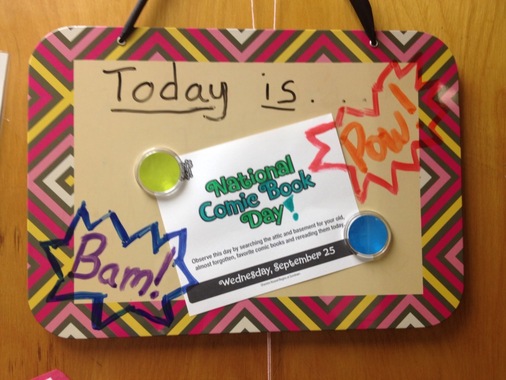
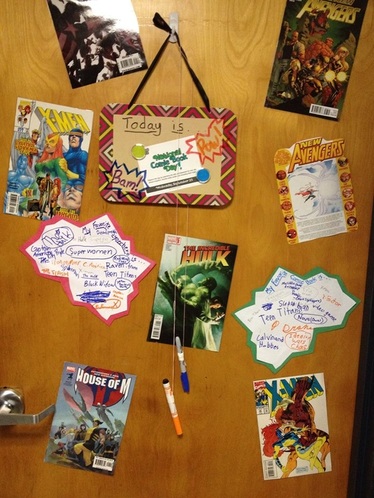
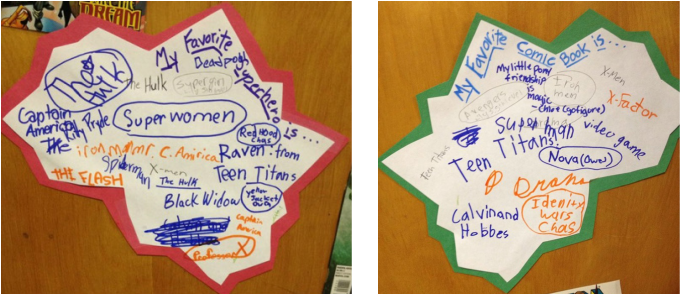
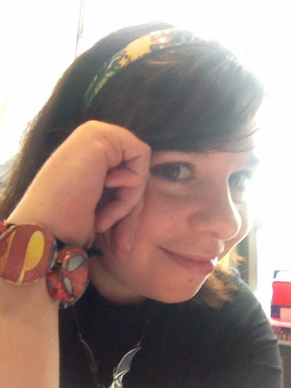
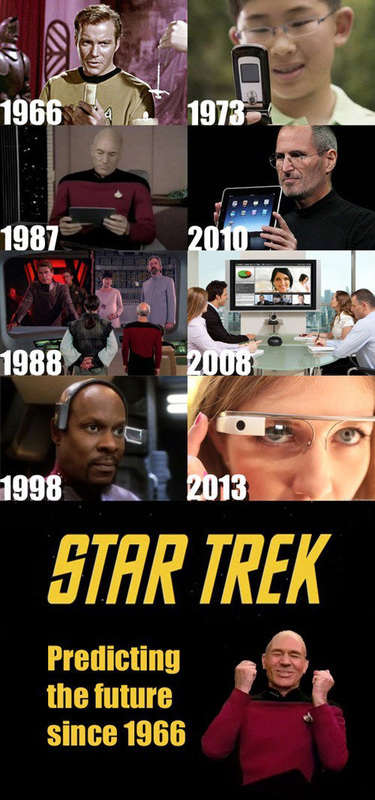
 RSS Feed
RSS Feed